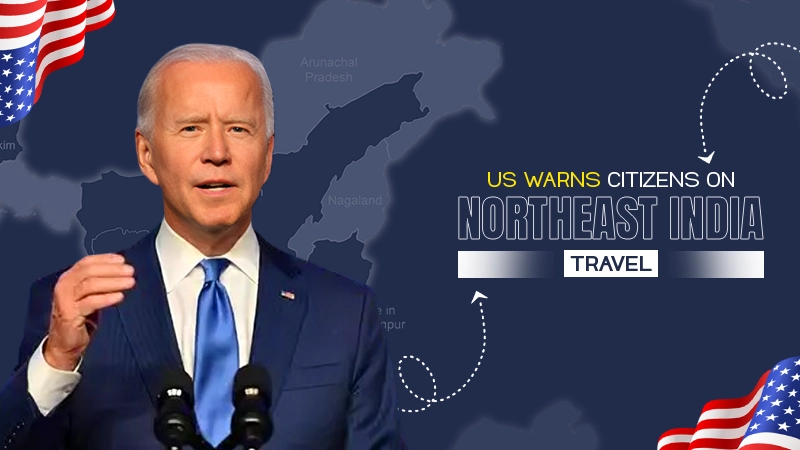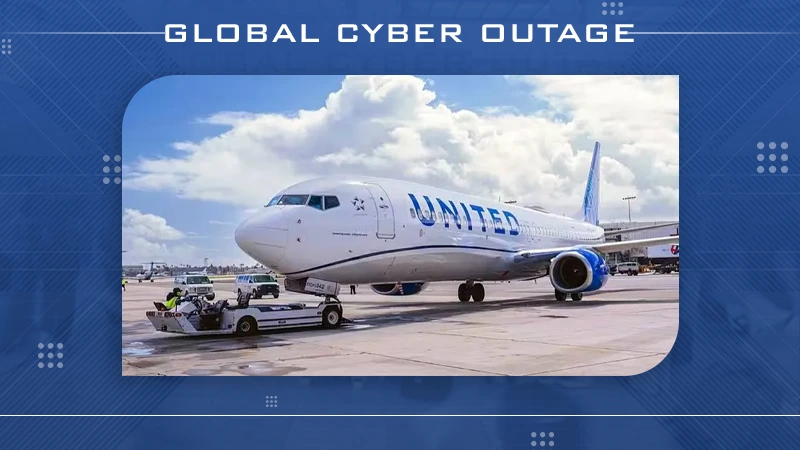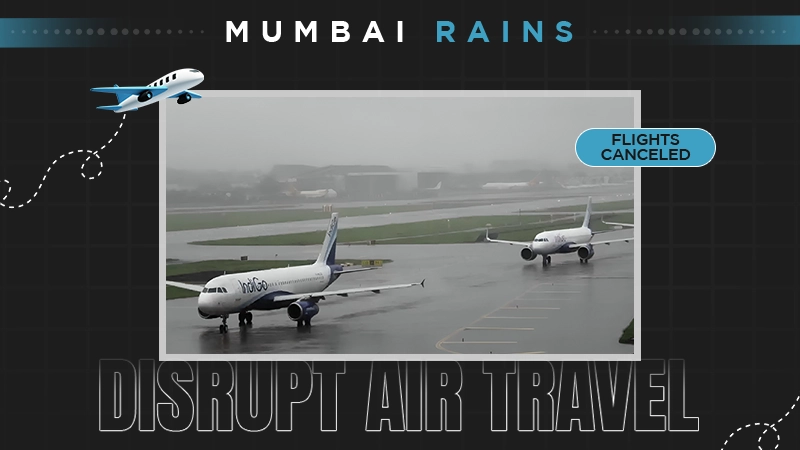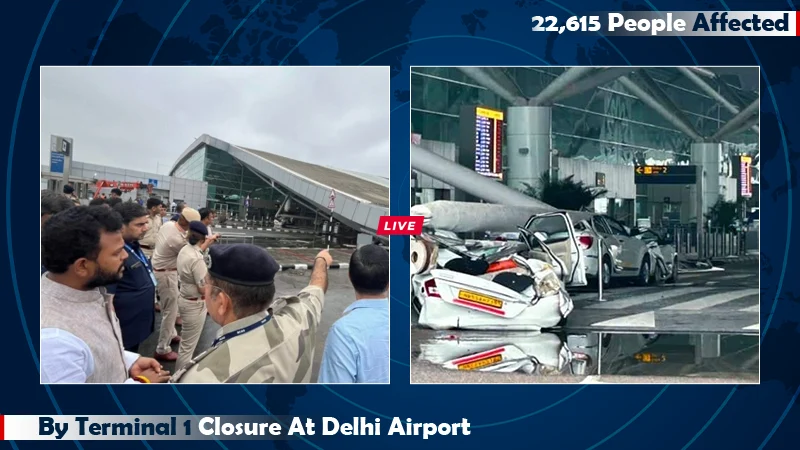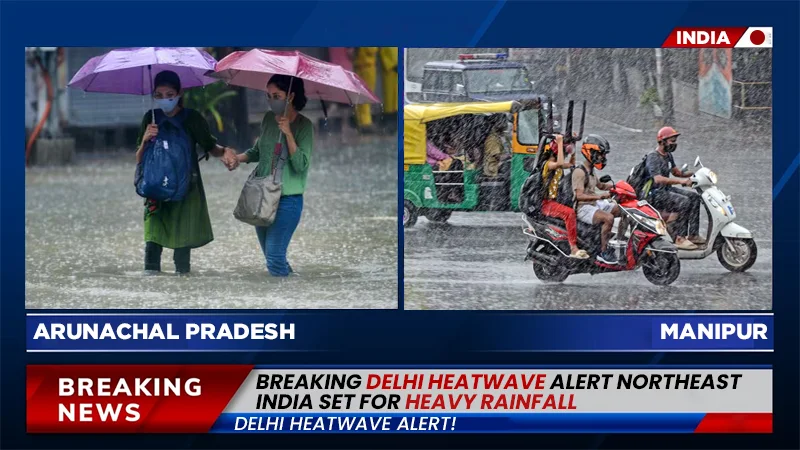
Recently, an outbreak of the coronavirus (now called COVID-19) in China has taken the world by storm. It came from a seafood and meat market in Wuhan, China, in December 2019.
Despite Wuhan and other Chinese cities being quarantined, the virus has spread to various other countries. According to the World Health Organization, there have been over 4,000 deaths so far from the coronavirus COVID-19 outbreak across the world as of March 10, 2020.
With the fatality rate still being assessed, there are currently 119,226 confirmed cases in 119 countries and territories.
The spread of the virus has particularly focused attention on the globalized nature of international tourism and how the sector is affected by the spread of the virus.
Travel Industry Crucial for the Global Economy:
The travel industry is one of the largest industries in the world, with 5.7 trillion global international tourism revenue. It is accountable for over 300 million jobs on the planet. The industry is estimated by the United Nations World Tourism Organization to account for $1.4 trillion and 7% of the value of world goods and services. From a mere 25 million international tourist arrivals in 1950, the numbers have now exploded to 1.4 billion arrivals.
The movement of such a massive number of people and the associated expenditure of such tourists provide a massive stimulus to local, regional and national economies across the globe. As a result, any disruption to the tourism industry has the potential to become a major drag on the global economy. Therefore, the hit of the coronavirus to the travel industry shows a sharp drop in tourism and it not only affects the business of popular museums, attractions, and airlines but restaurants, retail, sports leagues, and public transportation as well.
The news has caused considerable anxiety amongst tourists and potential tourists. One can witness the vacant buses and trains, shorter lines at the usually-crowded Vatican, empty tables at eateries, empty water parks and the other famous tourist sites nearly abandoned.
What may have been seen as a Chinese issue is now very much a global problem. Before talking about the impact of Coronavirus on the travel industry in detail, let’s have a brief about COVID-19.
Coronavirus- WHAT YOU NEED TO KNOW!
A coronavirus now officially known as COVID-19 is a severe acute respiratory syndrome coronavirus 2 and it is abbreviated as (SARS-CoV-2). The virus causes respiratory disease, which comes with a wide range of illnesses from mild to severe disease and even death.
Coronavirus is from a group of viruses that are common in humans and is responsible for up to 30-40% of common colds. In addition to COVID-19, lately, two other outbreaks i.e., SARS or severe acute respiratory syndrome (2003) and MERS or Middle East respiratory syndrome (2012) resulted in around 1000 and 862 deaths respectively.
Covid-19 Cause:
Although it’s unclear exactly how contagious the new coronavirus is but it is likely evolved from a virus previously found in animals. The virus spreads through contact from one person to another and by the respiratory droplets when someone with the virus coughs or sneezes.
It might also be caused by touching something (which an infected person has touched) and then touching your hand to your nose, mouth, or eyes. Therefore, public health measures, such as hand hygiene and good respiratory etiquette are important actions, we all can take to prevent infection.
Coronavirus Symptoms:
The Coronavirus symptoms range from mild to severe. It takes two days to two weeks after exposure for symptoms to develop. Symptoms may include cough, shortness of breath and fever. But people who are older with weak immune systems or have existing medical conditions, such as heart disease, may develop more serious symptoms, like pneumonia or bronchitis.
Effect of Coronavirus on Travel Industry:
The tourism sector is currently one of the hardest-hit by the outbreak of coronavirus disease (COVID-19). Canceled flights, empty hotels, and closed tourist sights; the coronavirus is crippling global tourism. The industry is already expecting losses running into billions.
The World Tourism Organization (UNWTO) has amended its 2020 prospects for global tourist arrivals to a negative growth of 1% to 3%, with an estimated loss of US$ 45 to 50 billion in global tourism. However, before the outbreak, the organization predicted an increased growth of 3% to 4% for this year.
It’s pretty evident that the fear surrounding the virus puts off the cautionary global travelers not just from China, the epicenter of the outbreak, but from Asia as a whole. It is because people traveling from around the world could bring the virus with them, and infected people are slow to show symptoms. Along with that, the increasing incidents of tourists having to be quarantined in hotels, apartment blocks and airports have added considerably to anxiety and uncertainty among tourists.
Chinese tourists are the Pacific paradise’s biggest contributors financially. On average, Chinese tourists are spending around 400 dollars per person per day. As more Chinese stay home either in quarantine or otherwise, the island chain will feel the heat.
This could more than likely mean big hits to Asian hotspots like Thailand and Singapore. Other economically vulnerable countries in Asia include Malaysia, Hong Kong, and South Korea.
The virus is having a widespread effect on Tourism and the global economy as a whole, in ways like:
Drop-in Business Travel:
Several major conferences expected to withdraw more than one lakh visitors even if their location has yet to experience an outbreak. Canceled conferences include the leading show for the mobile phone industry, the Mobile World Congress in Barcelona, the Geneva Motor Show, Facebook’s F8 conference, and ironically the ITB Berlin, which is the leading trade show for the travel industry itself.
But it’s not just the big shows being canceled; research from the ‘Global Business Travel Association’ shows many business meeting cancellations and postponements are taking place worldwide. It is because of companies’ concerns with exposing employees to unknown risks. Major companies such as Amazon are on record discouraging non-essential travel for employees.
According to a survey of ‘400 businesses by the Global Business Travel Association’, nearly half of businesses have postponed or already canceled some meetings or travel. The association estimates that up to 38% of business travel is at risk of being lost.
Job losses To Come
So far there have not been deep job cuts announced in the travel industry. But millions of workers could lose their jobs or have their hours cut if the demand for travel continues to be depressed. That is especially true for lower-paid service jobs such as housekeeping at hotels and waiters-waitresses at restaurants.
Impact on World’s Top Tourist Spots:
As the coronavirus slows travel, here’s a look at its impact on some of the world’s most populous sites:
- Masjid Al-Haram, Mecca (Saudi Arabia) – The Mosque in the holy city hosts almost 4 million pilgrims every year and is considered to be the holiest site for Muslims across the globe. The pilgrimage has been suspended to prevent the virus from spreading. The country closed off air and sea travel to nine countries affected by the new coronavirus on March 9
- Piazzo Del Duomo, Milan (Italy) – One of Italy’s top tourist attractions contributes to 5 million visitors each year. The country has the highest number of COVID-19 cases in Europe, with over 5,000 people infected and 233 dead. Therefore, the country recently saw a huge decrease in foot traffic.
- Hazrat Masumeh Shrine in Qom (Iran) – In the Middle East, there have been over 7,600 confirmed cases of COVID-19, with the vast majority of them in hard-hit Iran. This led to a decreased number of tourists there as well.
- Space Mountain, Disneyland Tokyo (Japan) – Japan’s version of the happiest place on earth was left empty as Japan has seen more than 1,000 cases of the virus. Authorities have closed this tourist destination until March 15 in an attempt to stop the virus from spreading throughout the region.
- Tiananmen Square, Beijing (China) – China’s historic landmarks, Tiananmen Square is a popular spot for locals as well as for tourists. Since the COVID-19 outbreak, the square has been left empty.
- ISKCON Temple (India) – The outbreak led to emptiness in Tourism sites of India as well. For example- one of the popular Hindu religious organizations running temples that attract foreign devotees, ISKCON, have advised foreigners not to visit it for two months at least, as a precautionary measure.
Measures to Combat the Virus:
- Travel Bans – China is the world’s largest outbound travel market with nearly 150 million outbound trips annually. As undetected cases are passing across the borders, Chinese authorities have enforced a blanket travel ban on Wuhan province where the virus originated and all surrounding cities to combat the virus.
This applies to 35 million people so far, and the ban will likely spread as they try to control the virus. Hong Kong has also temporarily closed some of its borders with mainland China and halt travel permits to mainland Chinese tourists. Not only these, but other countries across the globe have also taken this measure to save their people
‘The International Air Transport Association has predicted that the coronavirus will reduce global airline revenue by $29.3 billion in 2020, arising from a contraction in global air demand. While this is the first such contraction since the global financial crisis of 2008 to 2009, it needs to be recognized that virtually 95% of this projected loss will be for Asia or Pacific carriers with an anticipated fall in arrivals of 9% to 12%.
- Suspended Flights – Travel plans are put on hold and flights get canceled. Airlines around the globe have announced that they will make necessary arrangements to reroute flights passing mainly through China. United Airlines is extending cancellations of all US flights to China until late April because of the coronavirus. Under the guidance of government advice, airlines such as United Airlines, Qantas and British Airways, have suspended around 25,000 flights collectively.
If these suspensions continue for a prolonged period, some of the world’s busiest air routes will be severely disrupted. This may lead to significant revenue deficits for the airlines.
- Airport Screenings – Airports throughout the world are adding a few extra security measures to prevent the spreading of coronavirus. Major countries such as Canada, India, U.K., Russia, Japan, and the U.S. are making serious efforts in airports to halt the virus. At the very least, anyone arriving from China and the other affected country will have to go through the process of screening. At most major airports this means thermal testing, and oftentimes a blood test.
As per the analysis of previous major viral epidemics, experts from the World Travel & Tourism Council (WTTC) shows that the average recovery time for visitor numbers to a destination was around 19 months, but with the right response and management, the numbers of tourists could recover in less than 10 months.
Many lessons have been learned since the 2003 outbreak, therefore, the above-listed measures have been implemented recently to stem the spread of the virus.
But, as there’s only a slight decrease in the number of coronavirus cases across the globe with considering these measures, the overall impact of the virus on tourism and other sectors will depend on how long the outbreak continues.
Advice:
With countries issuing travel advisories, major airlines canceling flights and popular tourist destinations being put on high alert amid COVID-19 concerns, it comes as no surprise that people are completely avoiding crowds, airports, and travel in general.
So, in any case, if you’re planning to travel internationally, you need to first check the CDC and WHO websites for updates and advice.
Also, look for any health advisories that are available at the place where you plan to travel.
You may also want to talk with your doctor if you have health conditions that make you more susceptible to respiratory infections and complications.
And, if you’ve traveled to any of the below-listed countries, you’re advised to go for a medical checkup as early as possible. These countries are at a higher risk of coronavirus.
- Cambodia
- China
- Hong Kong
- Iran
- Italy
- Japan
- Laos
- Macau
- Malaysia
- Myanmar (Burma)
- Singapore
- South Korea
- Taiwan
- Thailand
- Vietnam
Based on your previous travels and (Level 3 Travel Health Notice), you will be asked by the authorities to stay at home for a period of 14 days from the time you left the coronavirus affected area. Countries that have a Level 3 Travel Health Notice (widespread, ongoing transmission) are:
- China
- Iran
- Italy
- South Korea

